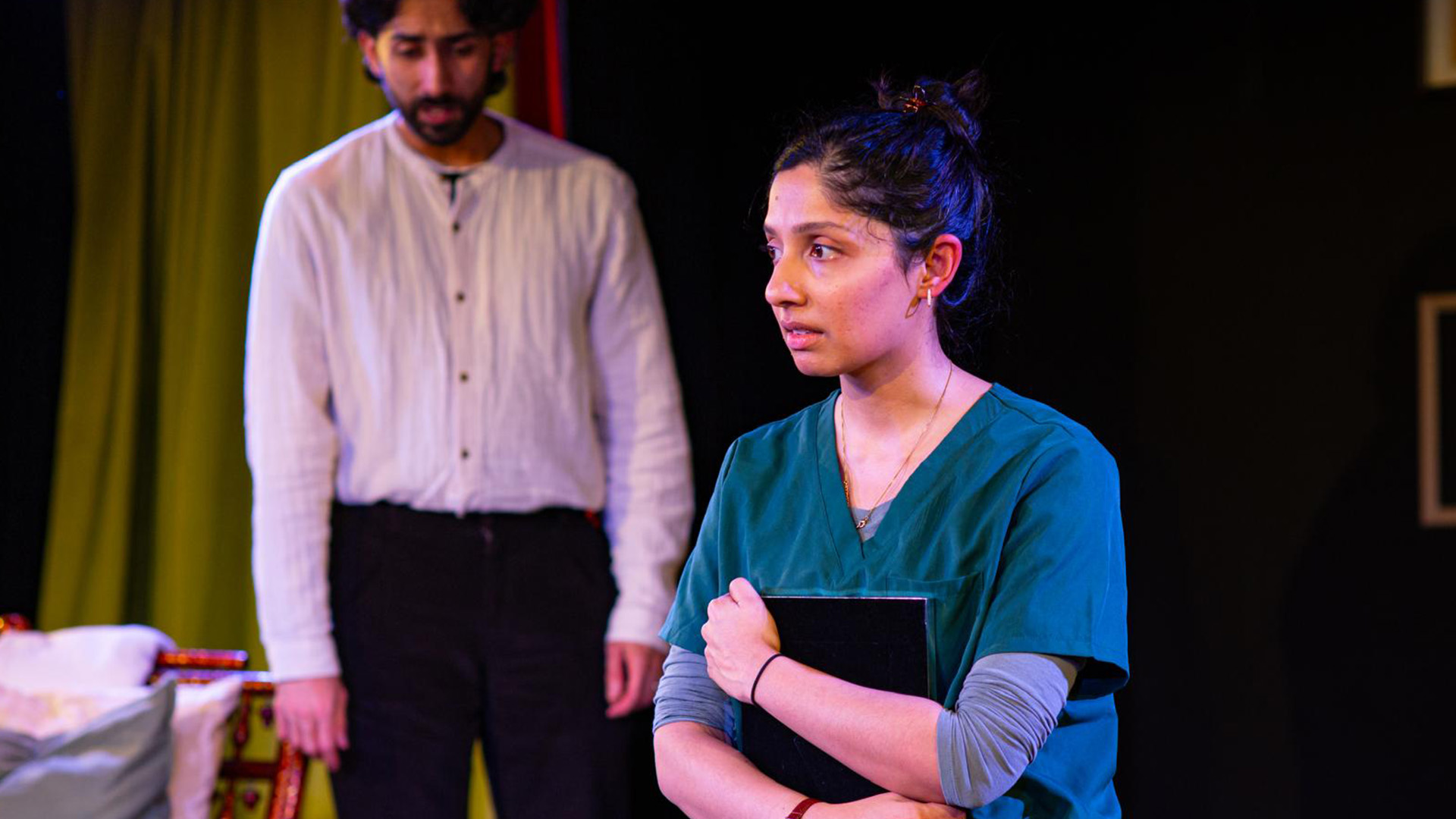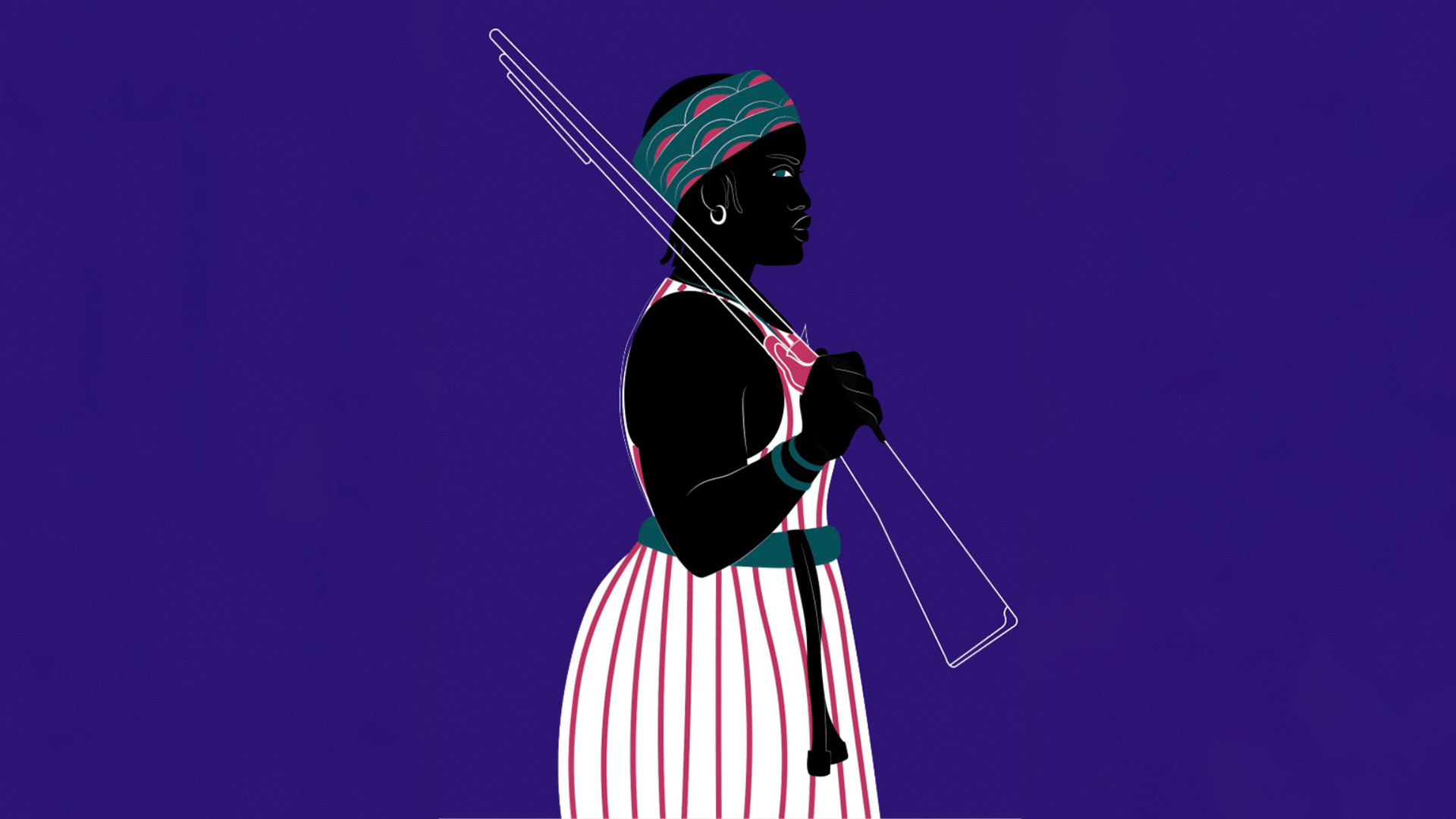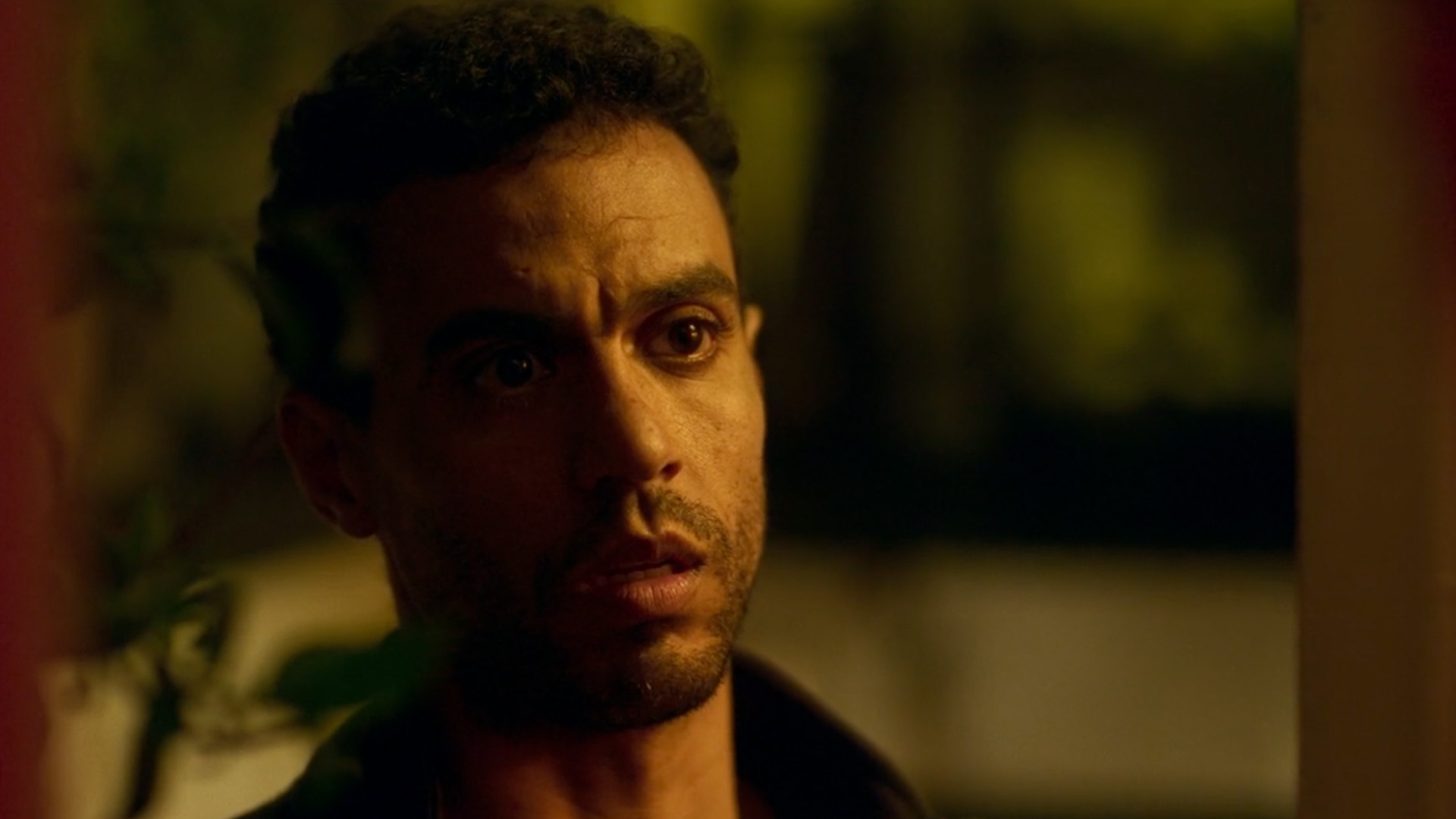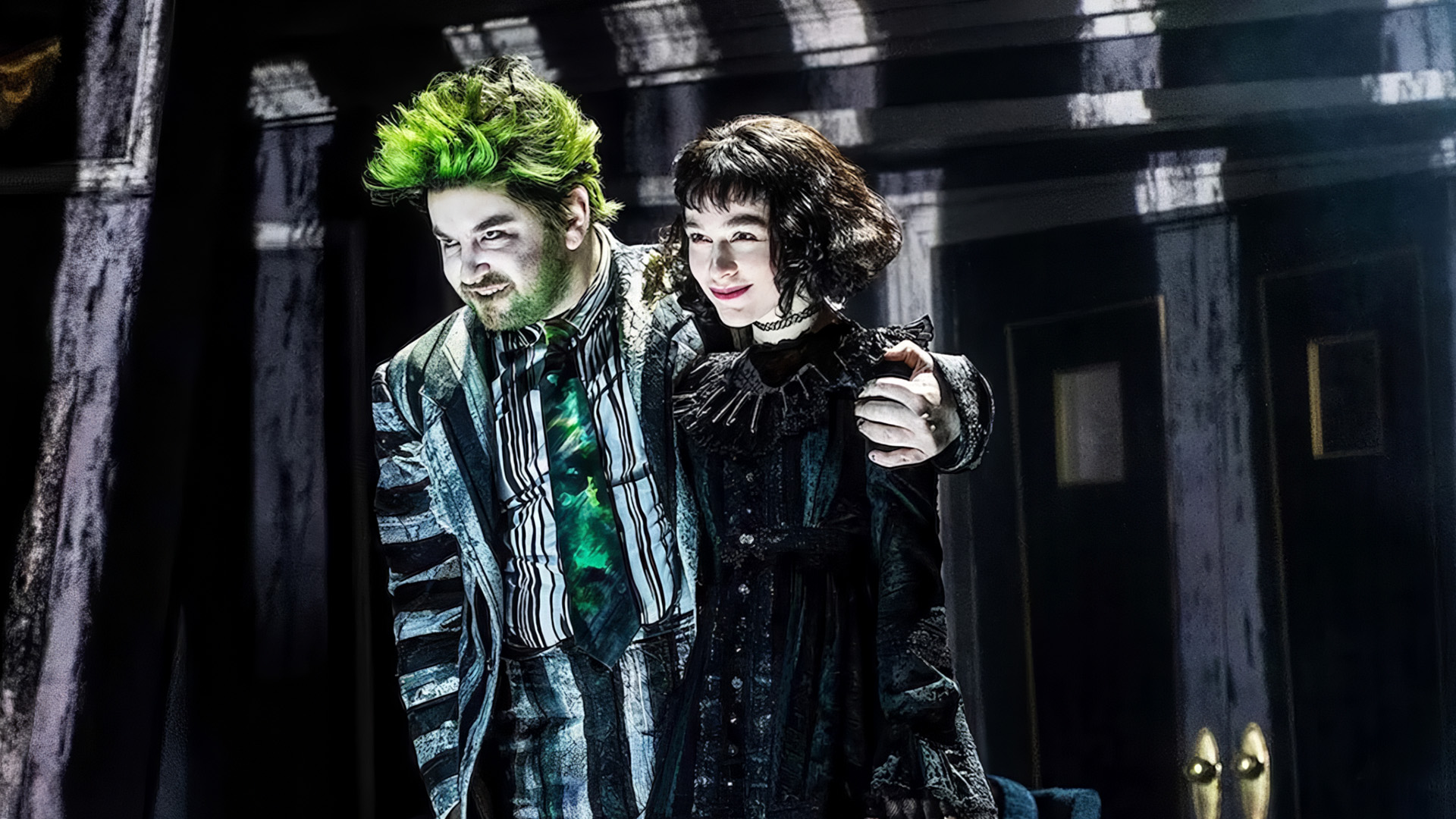Rachel Zegler makes her West End debut in a new vision of Evita
Jamie Lloyd’s bold revival of Evita at the London Palladium features Rachel Zegler’s West End debut, a live balcony performance, and a stripped-down staging that redefines the classic musical.
Rachel Zegler makes her West End debut in a new vision of Evita

There is a moment midway through Jamie Lloyd’s new production of Evita that pulls you out of your seat. Literally. As the familiar opening of “Don’t Cry for Me Argentina” begins, Rachel Zegler walks onto a real balcony above Argyll Street and sings directly to the crowd below. Inside the London Palladium, her image appears on a large screen. Outside, hundreds stand still in silence. It is part performance, part spectacle, and it tells you everything about what this revival is aiming for.

I knew the balcony scene was coming and I had a feeling the best view would be from the street. So I stepped outside before the second act began and waited. The side street was already full. Fans lined the pavement, some with cameras ready, others just standing quietly. When Zegler appeared and began to sing, her voice rose above the traffic and the noise. It was strange and intimate, like watching theatre crack open and spill into the real world. I managed to re-enter the venue with some difficulty but it was worth it.

This version of Evita is not wrapped in glamour. There is no golden staircase, no sweeping ballroom, no traditional Buenos Aires. The set is minimal. The space is raw. There are cameras, close-ups, handheld microphones and flickers of shadow. Lloyd strips the musical down to its bones and rebuilds it as a live event caught on tape. If you have seen his Sunset Boulevard or Romeo and Juliet, this will feel familiar. The tools are the same but the effect is different. Here the roughness helps. The simplicity suits the political edge of the story.
Rachel Zegler leads the cast with calm focus. Her Eva is not fiery or explosive but precise. She sings with remarkable control and purity. While some might miss the fire of past Evitas there is a stillness in her performance that draws you in. She is especially striking in the balcony moment where she becomes both icon and woman, distant yet exposed. The charisma is not loud but steady. This is not a copy of Elaine Paige or Patti LuPone. Zegler’s Eva is quieter and more composed, fitting into Jamie Lloyd’s concept with intention.
%2BJustine%2BMatthew%2B.jpg)
The supporting cast holds the space with clarity. James Olivas as Juan Perón gives a grounded and human portrayal, especially during the quieter duets with Eva that focus more on strategic partnership than romance. Diego Andrés Rodriguez brings energy and rhythm to Che, acting almost as a narrator and camera operator. He moves through the action with sharp timing and delivers “And the Money Kept Rolling In” with vibrant bite. Aaron Lee Lambert adds flair and presence to Magaldi while Bella Brown’s “Another Suitcase in Another Hall” becomes one of the evening’s most emotionally direct and vocally resonant moments.
The ensemble choreographed by Fabian Aloise moves with purpose. Their physicality is tight and symbolic. Each movement feels like a statement. Each group formation hints at political unrest. The revolving platform at the centre of the stage gives momentum to otherwise static scenes. The projection screens add a layer of voyeurism, turning the audience into both watchers and participants. Lighting is harsh and sudden, switching scenes not with scenery but with mood. It is a visual language that speaks in flashes rather than fullness.
Alan Williams leads the music with confidence, letting the score breathe through orchestrations by the London Musical Theatre Orchestra under Adam Hoskins.

Still I found myself divided. There were moments when I longed for grandeur. For fabric. For drama built into the walls. Lloyd’s production asks you to imagine the edges of the world, to fill in the architecture yourself. For some that will feel liberating. For others it will feel like absence. The projections, the camera angles and the fractured space all serve a purpose but they also create distance. You feel the intent more than the emotion.
Audience reactions were mixed. Some embraced the innovation, especially the public nature of the balcony moment. Others felt let down, especially those inside who watched that key number on a screen. There is a tension here between access and exclusivity, between theatre as experience and theatre as image. Lloyd leans into that tension without apology.
What you get is a version of Evita that is not trying to dazzle in the traditional sense. It is controlled, thoughtful and stripped back. It challenges nostalgia and asks you to look again. At times it feels more like a concept album come to life than a musical revival. Yet the music still soars. The performances hold. And when Zegler stands on that balcony and sings into the London air you understand why this story continues to return.
Not the Evita of gold and gloss. But something sharper. And still worth the watch


Get weekly updates
.png)
Join Our Newsletter
Get a weekly selection of curated articles from our editorial team.




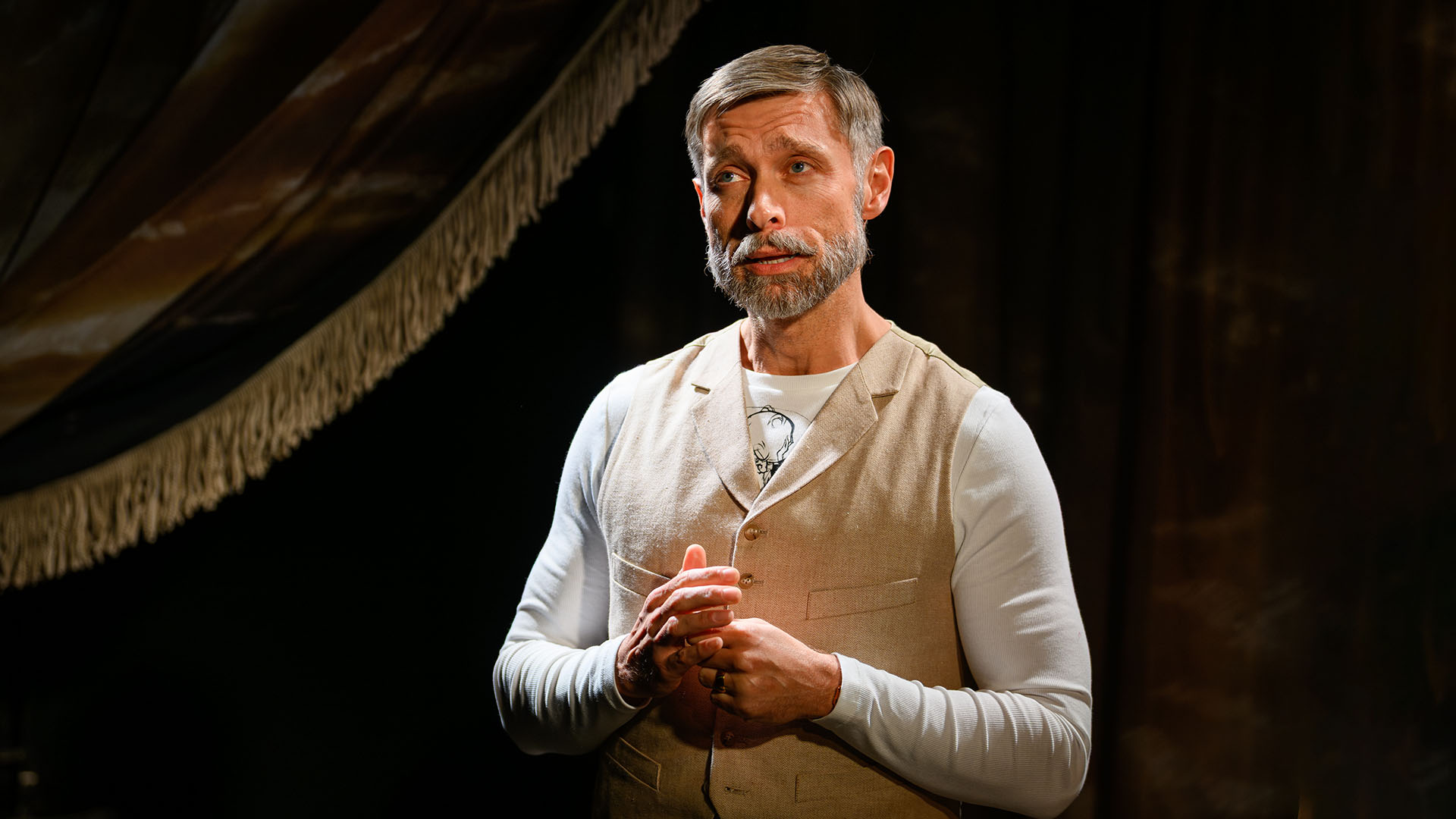
.svg)


